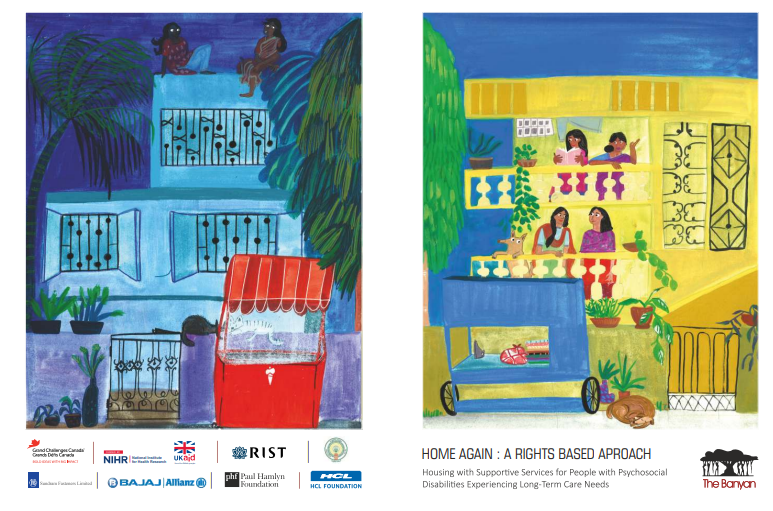For those who are unable to return to their families or move into independent living, we offer housing with supportive services in urban or rural neighborhoods. Here, 4-5 people form affinity groups with on-site clinical and social care assistance. Through 136 homes across multiple states—both run directly and with partners—we’ve enabled 1,221 individuals to move beyond institutional settings into supportive community environments where they can rebuild their lives with dignity and purpose.

